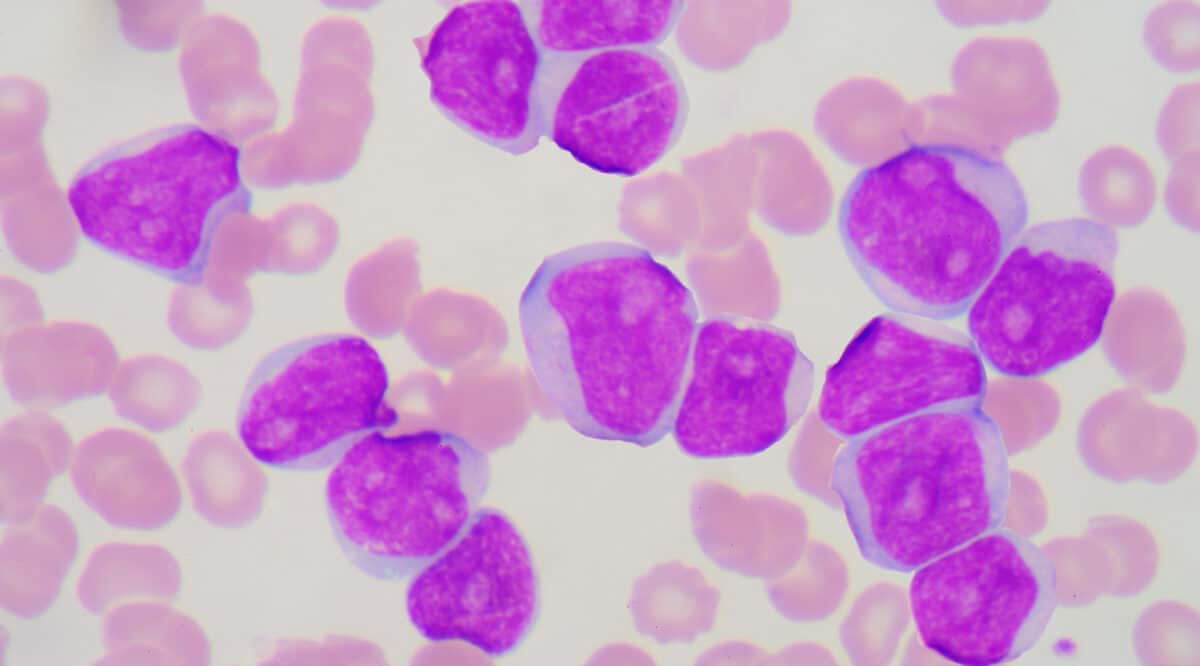Last week, the FDA approved yet another one-and-done gene therapy, Zynteglo (betibeglogene-autotemcel) from Bluebird Bio, for the treatment of adult and pediatric patients with beta-thalassemia who require regular red blood cell transfusions. FDA’s Cellular, Tissue, and Gene Therapies Advisory Committee unanimously recommended approval in June.
Beta-thalassemia causes a significant reduction of hemoglobin or the absence of hemoglobin altogether, owing to mutations in the beta-globin gene. Patients typically require transfusions every 2–5 weeks. The median age of death is 37 years.
Zynteglo, a one-time gene therapy, represents a potential cure in which functional copies of the mutated gene are inserted into patients’ hematopoietic stem cells via a replication-defective lentivirus. The therapy is administered as a single dose. Each dose of Zynteglo is a customized treatment created using the patient’s own cells (bone marrow stem cells) that are genetically modified to produce functional beta-globin (a hemoglobin component).
In trials, 89% of 41 patients aged 4 to 34 years maintained normal or near-normal hemoglobin levels and didn’t need transfusions for at least a year.
The gene therapy had been approved in Europe with a $1.8 million price tag. However, in 2021, Bluebird discontinued operations there due to failing “negotiations with European payers and challenges to achieving appropriate value recognition and market access.”
Zynteglo is expected to launch in the US at a whopping $2.1 million. Experts that specialize in medical cost-effectiveness analyses have stated that, given the annual costs of standard care, Zynteglo meets commonly accepted value thresholds at an anticipated price of $2.1 million.” Bluebird has also offered to pay back 80% of the cost if patients require a second transfusion within 5 years.
Bluebird did not announce plans for distribution at this time.
FDA Approves First Cell-Based Gene Therapy to Treat Adult and Pediatric Patients with beta-thalassemia Who Require Regular Blood Transfusions
August 17, 2022 — The U.S. Food and Drug Administration has approved Zynteglo (betibeglogene autotemcel), the first cell-based gene therapy for the treatment of adult and pediatric patients with beta-thalassemia who require regular red blood cell transfusions.
“Today’s approval is an important advance in the treatment of beta-thalassemia, particularly in individuals who require ongoing red blood cell transfusions,” said Peter Marks, M.D., Ph.D., director of the FDA’s Center for Biologics Evaluation and Research. “Given the potential health complications associated with this serious disease, this action highlights the FDA’s continued commitment to supporting development of innovative therapies for patients who have limited treatment options.”
Beta-thalassemia is a type of inherited blood disorder that causes a reduction of normal hemoglobin and red blood cells in the blood, through mutations in the beta-globin subunit, leading to insufficient delivery of oxygen in the body. The reduced levels of red blood cells can lead to a number of health issues including dizziness, weakness, fatigue, bone abnormalities and more serious complications. Transfusion-dependent beta-thalassemia, the most severe form of the condition, generally requires life-long red blood cell transfusions as the standard course of treatment. These regular transfusions can be associated with multiple health complications of their own, including problems in the heart, liver and other organs due to an excessive build-up of iron in the body.
The safety and effectiveness of Zynteglo were established in two multicenter clinical studies that included adult and pediatric patients with beta-thalassemia requiring regular transfusions. Effectiveness was established based on achievement of transfusion independence, which is attained when the patient maintains a pre-determined level of hemoglobin without needing any red blood cell transfusions for at least 12 months. Of 41 patients receiving Zynteglo, 89% achieved transfusion independence.
The most common adverse reactions associated with Zynteglo included reduced platelet and other blood cell levels, as well as mucositis, febrile neutropenia, vomiting, pyrexia (fever), alopecia (hair loss), epistaxis (nosebleed), abdominal pain, musculoskeletal pain, cough, headache, diarrhea, rash, constipation, nausea, decreased appetite, pigmentation disorder and pruritus (itch).
There is a potential risk of blood cancer associated with this treatment; however, no cases have been seen in studies of Zynteglo. Patients who receive Zynteglo should have their blood monitored for at least 15 years for any evidence of cancer. Patients should also be monitored for hypersensitivity reactions during Zynteglo administration and should be monitored for thrombocytopenia and bleeding.
This application was granted a rare pediatric disease voucher, in addition to receiving Priority Review, Fast Track, Breakthrough Therapy, and Orphan designations.
The FDA granted approval of Zynteglo to Bluebird Bio, Inc.


